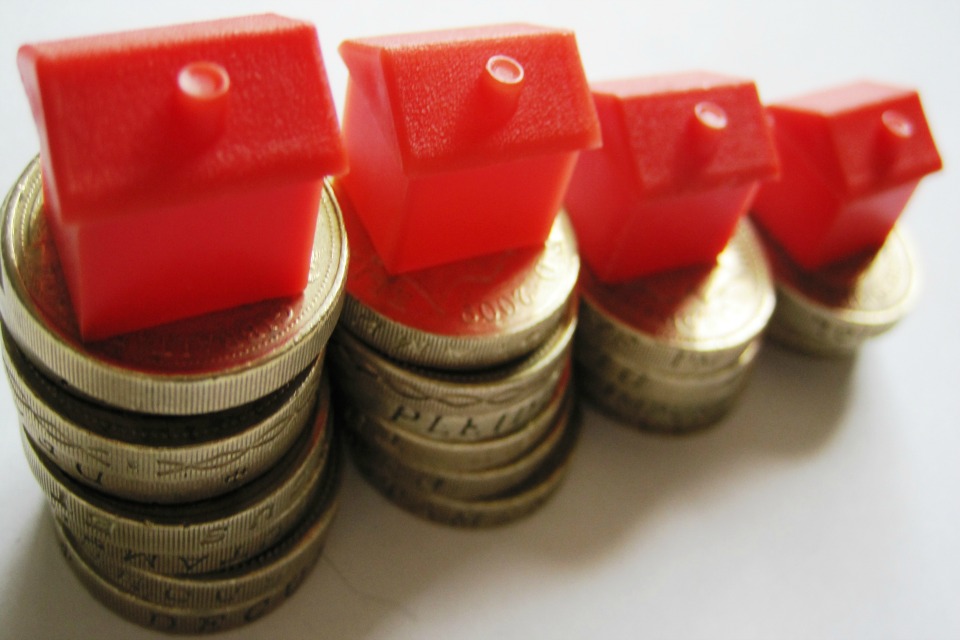
The Bank of England base rate is forecast to rise further to combat inflation, slowing the capacity for medium term house price growth.. Transaction volumes remain high, with asking prices pegged back by heightened affordability concerns, including energy, consumer goods and lending costs.
The latest annual house price growth figures of 10.7 per cent for June 2022 reflect a slight dip from the 11.2 per cent figure for May 2022 and reflect a 0.3 per cent monthly change, according to the Nationwide house price index. This eleventh consecutive month of growing house prices was driven by low unemployment figures, low housing inventory levels as well as British labour market needs for skilled workers (demonstrated in record job vacancy figures) driving up wages.
Forecasts by Oxford Economics anticipate that the BOE will raise rates up to a maximum of 1.75 per cent by 2026 which would infer an upper bound on house price growth of 5.1 per cent. Were conditions to escalate beyond this central scenario, there is the possibility of a base rate rise to 2.75 per cent within this period, severely capping the latent house price growth potential for first time buyers and lower income households especially.
This extreme case would induce lower transaction volumes concentrated in more affluent prime and super prime property brackets. Monthly UK residential transactions in May 2022 reached 100,870, approximately 2 per cent lower than May 2021 and 1.6 per cent higher than April 2022, according to government figures.
This modest cooling in house price growth is serving to signal ample responsiveness to monetary and fiscal impetus in the housing sector. As such regulators are considering relaxing mortgage stress tests designed to prevent the property market from overheating. With confidence assured in its ongoing resilience, this measure offers the capacity to unlock additional growth: a powerful incentive in attracting home building investment, a key government target.
“Assuming two further base rate rises, our analysis suggests that mortgage payments as a percentage of income on a 25-year repayment mortgage will have risen to 24% at the end of 2022, compared to 17.5% three years earlier. To put that into context, that is back to levels last seen in 2010. But it still remains some way below levels seen in the run-up to the credit crunch of 2007/08 and a long way short of the late 1980s / early 1990s.”
https://www.savills.co.uk/research_articles/229130/329262-0
References